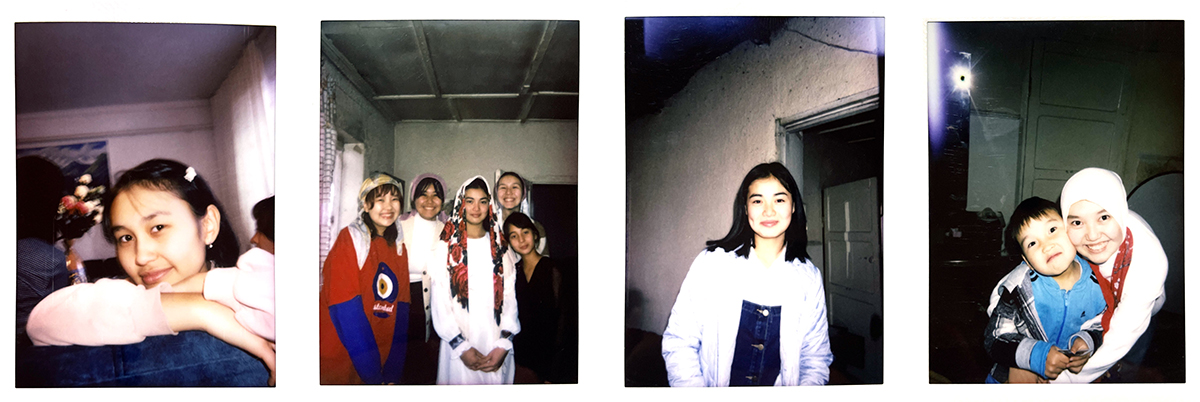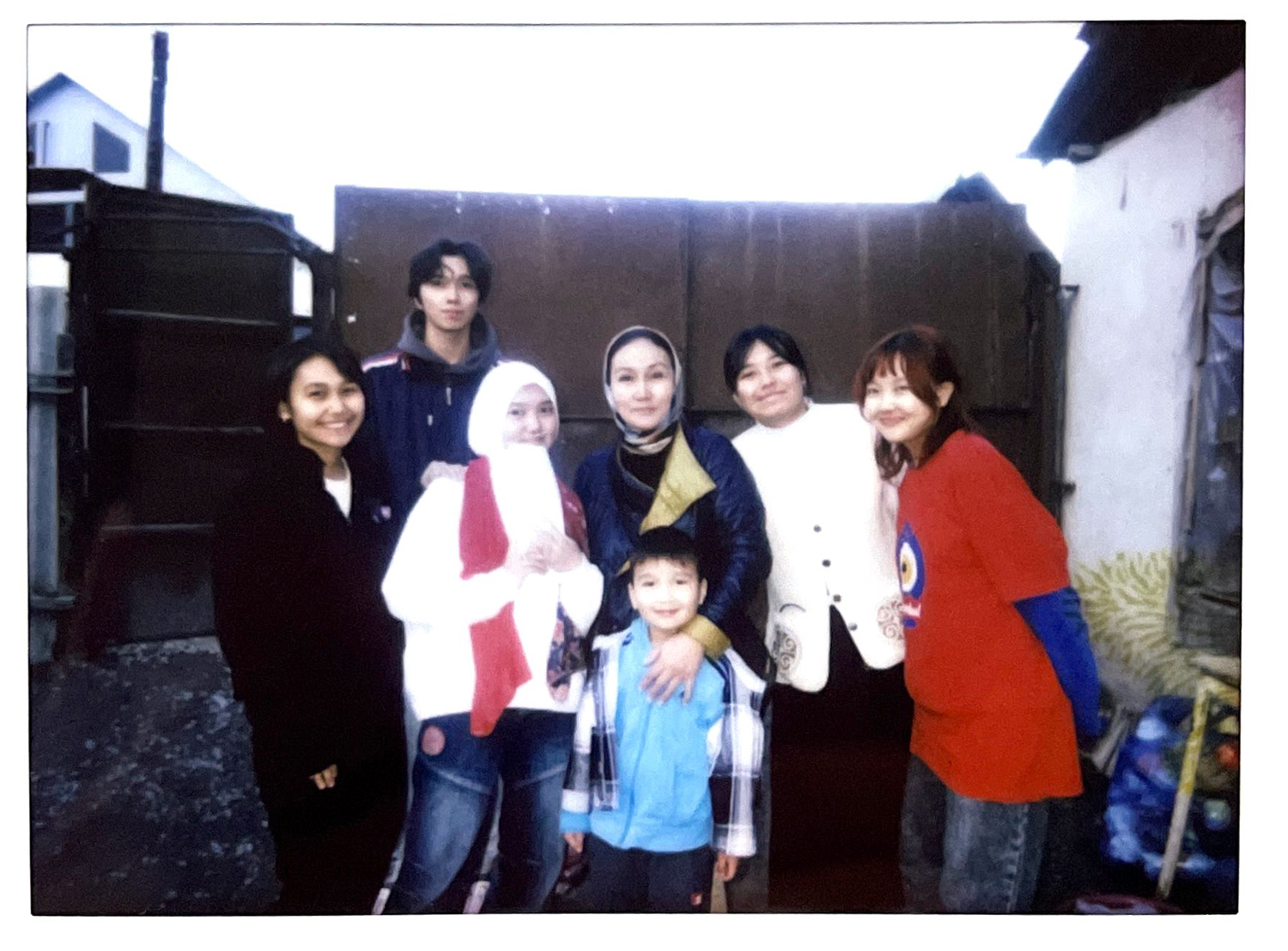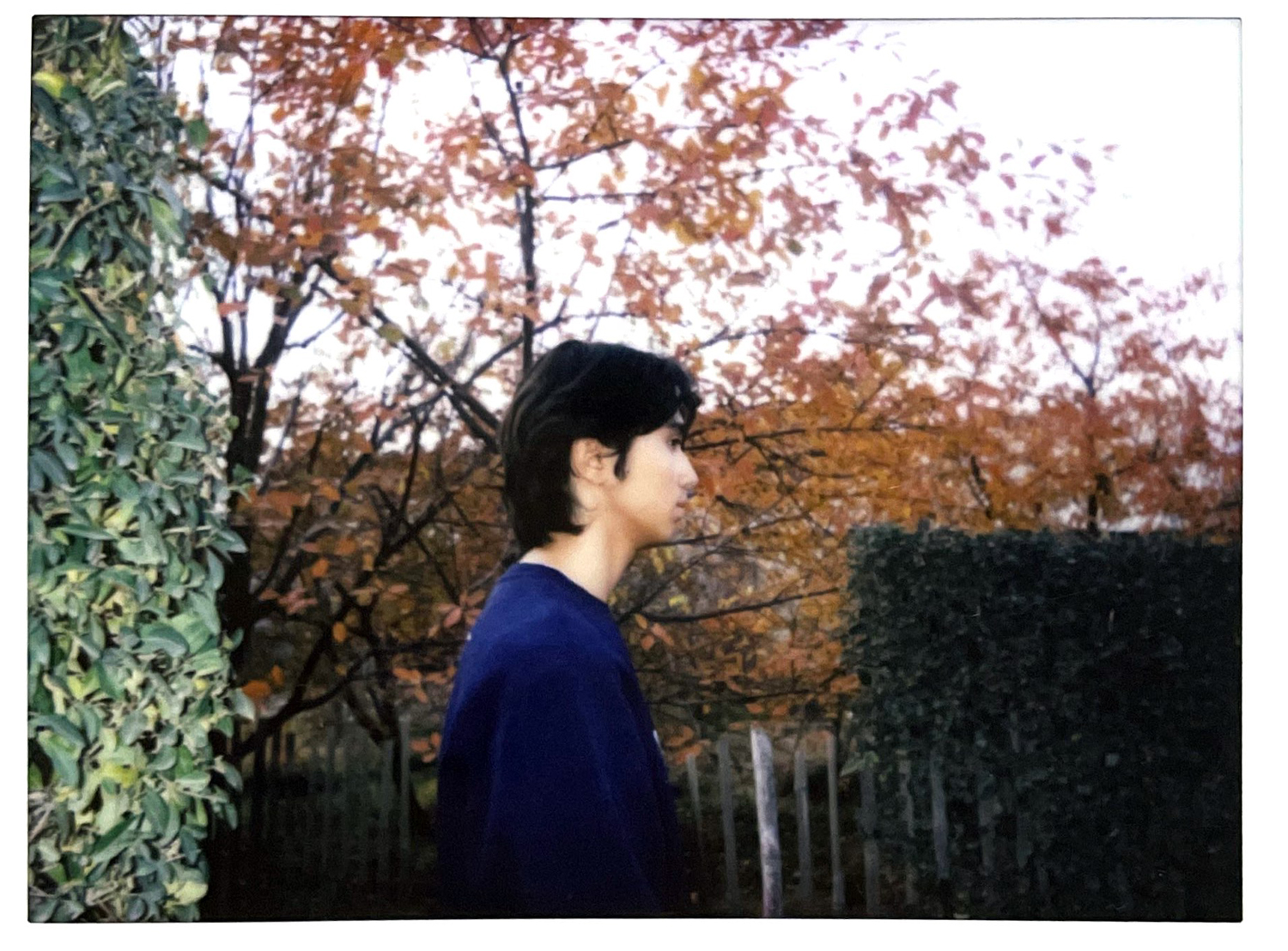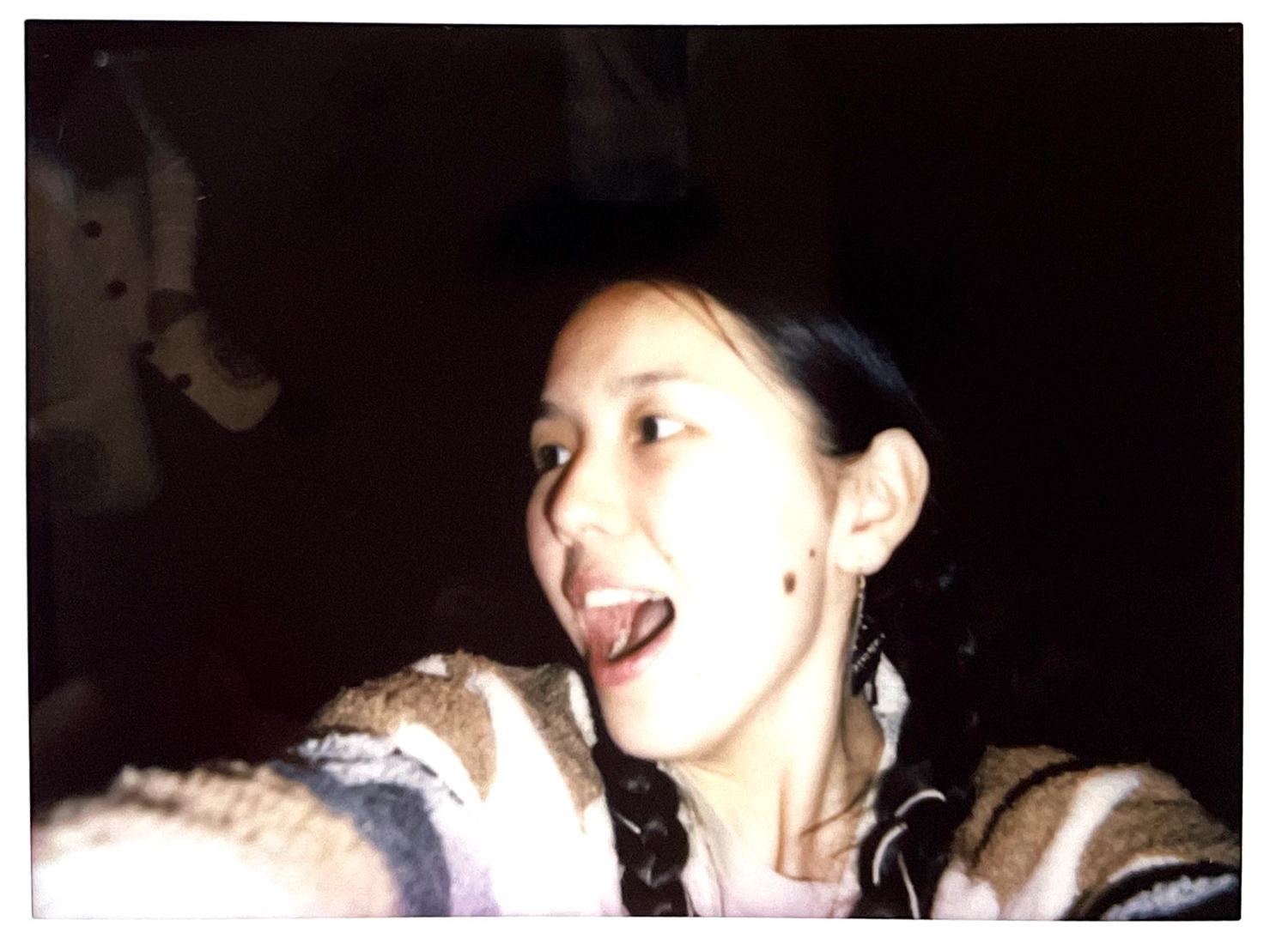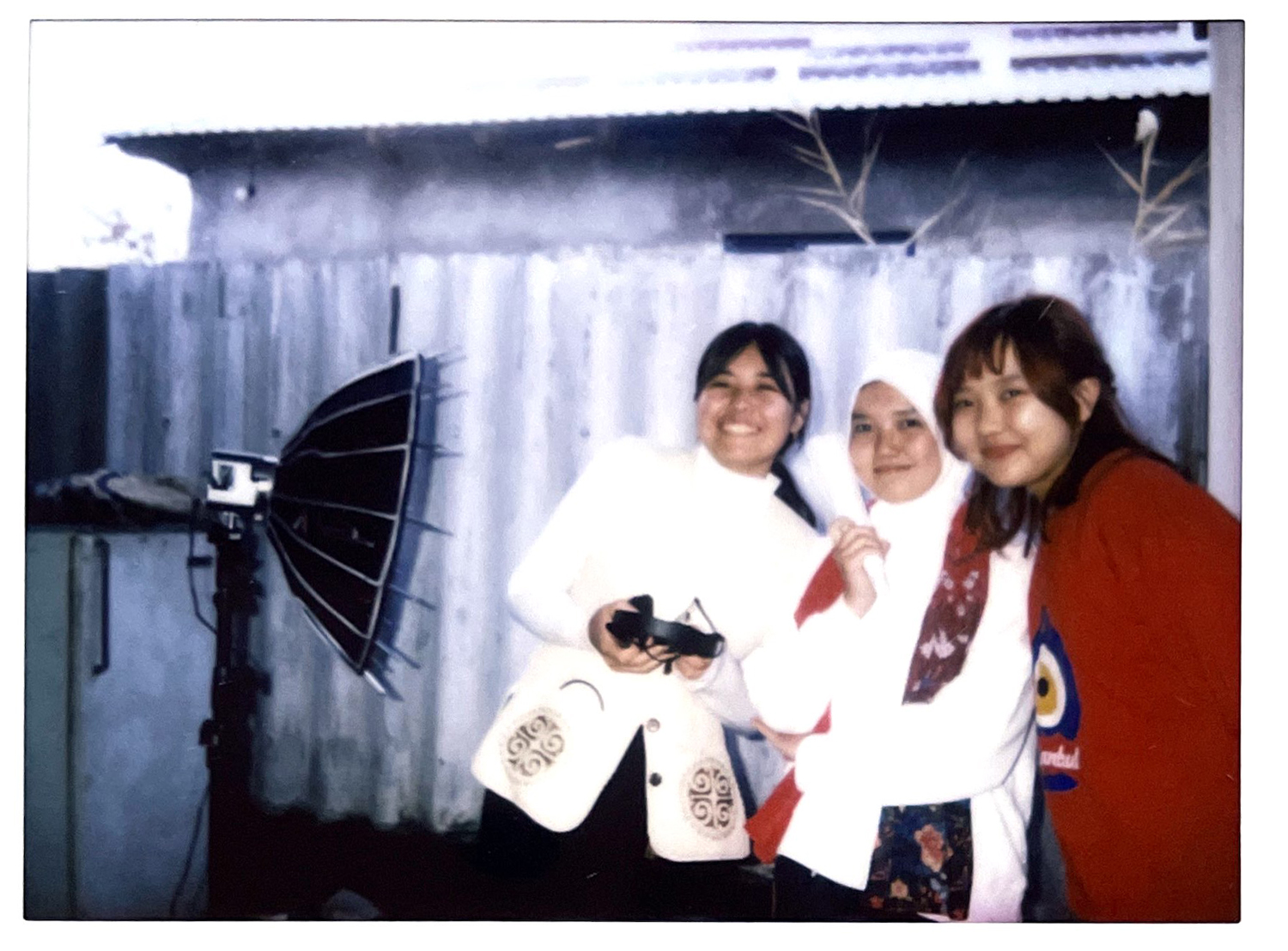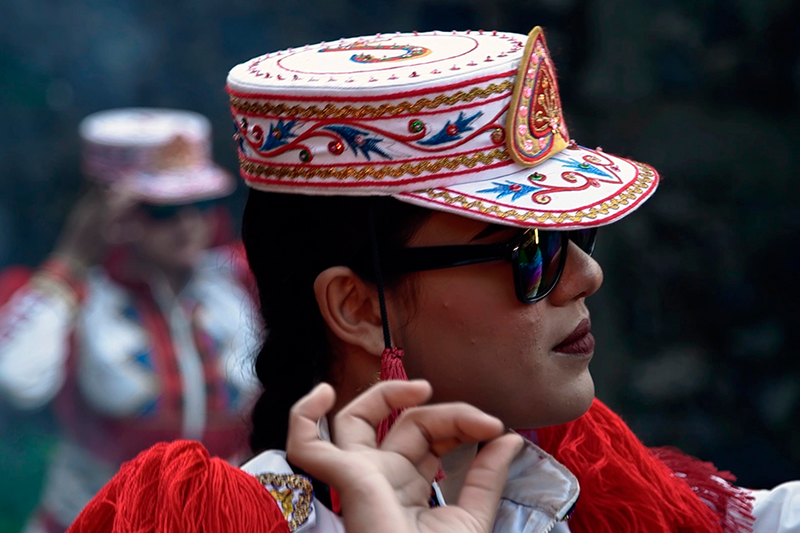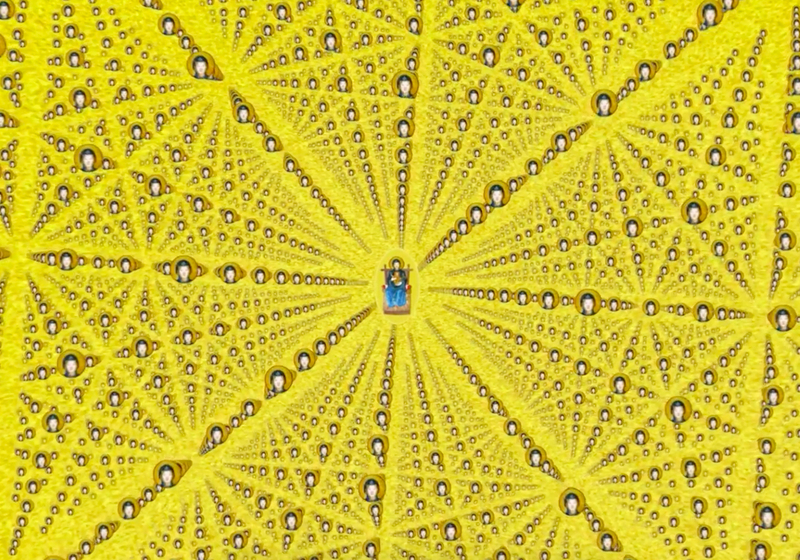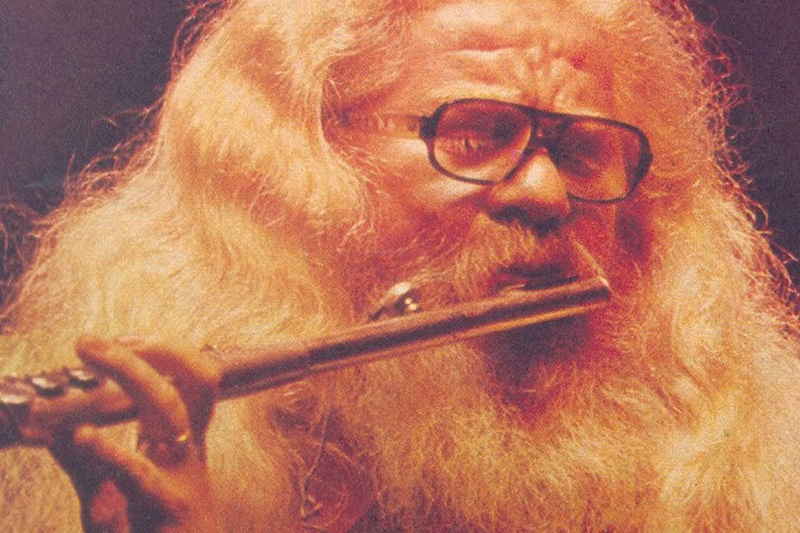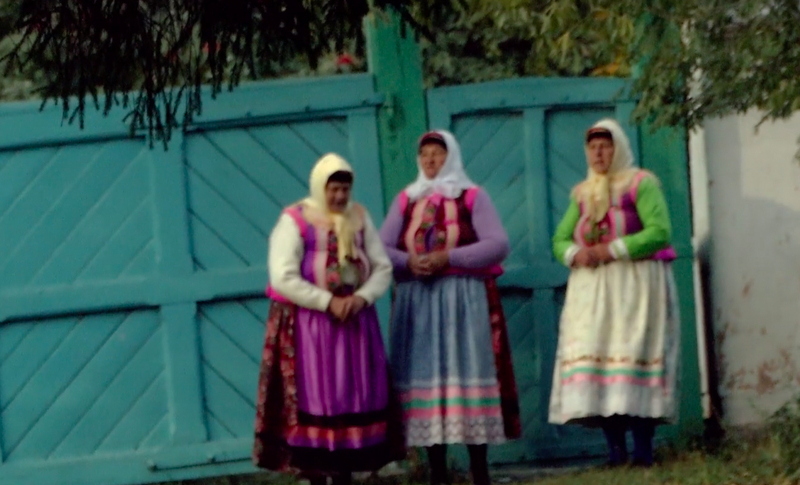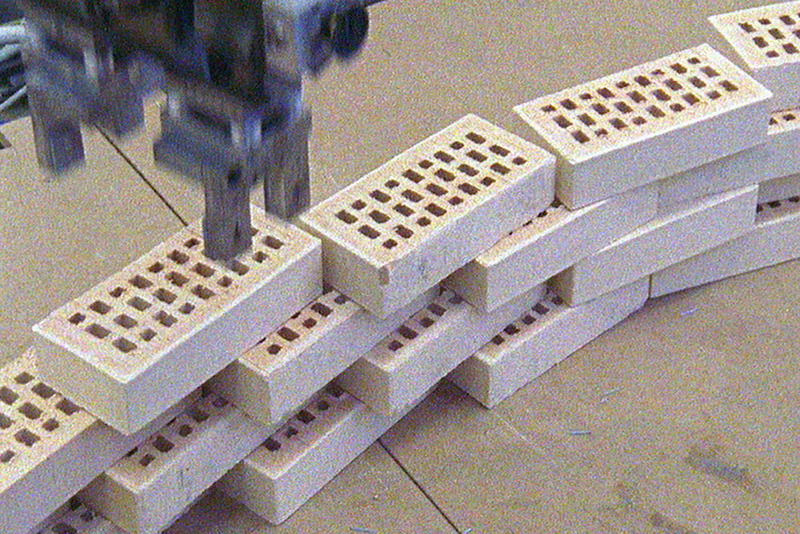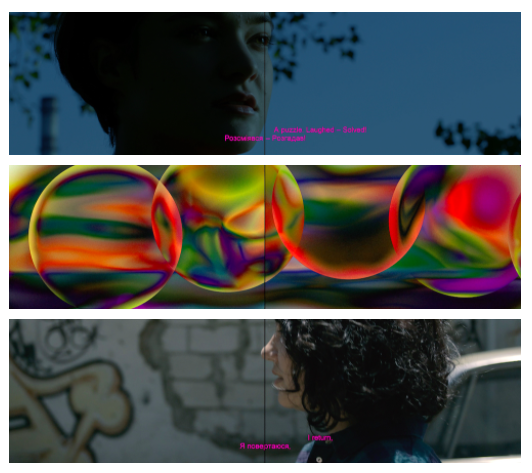Premiering on (EE) Films: a magical almanac of dreams penned by young people from Kyrgyzstan. This process was conducted in autumn of 2023 in Bishkek as part of the Alternativa Teen Lab Bishkek. EastEast editors interviewed the participants of the lab and its curators, Lena Vanina and Kirill Kulagin.
There were fifteen people in the group, ranging from twelve to eighteen years old. It was important for us to gather children of different ages—this way there is less competition and a more gentle and trusting environment. The older teenagers helped the children, the children made jokes and kept things from being too serious.
Everyone had very different backgrounds. Some discussed Truffaut and Hitchcock, and some didn't know how cinema works at all, but were eager to find out. We were a bit worried about how such different children would get on with each other.
In the end, we were amazed that on the second day of the class they started to share very personal things. They discussed super complicated issues: the role of women in society, domestic violence, parents who have been away at work in another country for all their childhood. And the main thing is that their positions did not always coincide. Some wanted great freedom, some wanted a more patriarchal way of life, but the most valuable and most striking thing was the way they listened to each other and made an effort not to persuade the other, but to find a common ground. In the end, the kids with very different views worked well together.
The dynamics were also very different for everyone. Some got involved in the process from the first second, and some were silent for half of the lab. For example, our student Nurgiza (who appears in the film in the labyrinth of mirrors) watched the process silently for a long time and did not take part in any activities, and then suddenly grabbed a camera, started filming and could not stop. She moved as if she had already studied at some modern documentary school, even though she had never filmed with a professional camera before. She came very close, peeked, and caught important moments.
In general, during the first module of the lab that resulted in this film, the children tried to take on very different roles: turning personal stories into plots, thinking of the ways those could be embodied on a screen, looking for locations, being in the frame, and filming. We shot the film all over Bishkek: in parks, in backyards, in the field of the botanical garden. The kids came up with the idea that one of the key scenes in the film, where a girl says that she has accepted her fears, should be filmed in the following way: she walks through the field, and there are many hands sticking out of it, she touches each of them as if to let go of each of her fears. So, ten or more children had to lie down in the dry thorny grass.Those who directed the scene shouted, “No, no, you can still be seen! Hide! Stay down!!” And kids in the grass were already having allergies, sneezing. But at the same time they insisted: “Let's do another take, so it is beautiful!” At some point there was no stopping them. It was one of the most magical groups we worked with. They were so passionate and in love with the process, without even realizing what the result would be.
— Lena Vanina and Kirill Kulagin, the Lab’s curators and tutors
To learn more about the film universes of these young filmmakers, EastEast editors asked the lab participants a few questions:
– Why do you like making films?
– Do you remember your first favorite film? Which one do you like the most now?
– What do you dream of making films about?
– Tell us about the process of making a film in the lab?

Q1
“I like to create something new just from a tiny thought in my head. I feel like ‘film’ is literally synonymous with the word ‘create’. That’s why I love making films.”
Q2
“My favorite film right now is probably Little Women (2019) directed by Greta Gerwig—I often compare myself to the main character Jo March, we have a lot of similarities, maybe that's why I watch this film over and over again and each time I watch it again I have new thoughts, new ideas, new mood. The first time I watched this film because of interest, the second time—when I was sad, the third time—I wanted to be nostalgic—my mood changes every time I watch the film too.”
Q3
“Most importantly, I want to make films about people. Not about the greatest, but about the smallest, ordinary people. About their small, seemingly boring lives, about their relationships with each other, about their feelings, ambitions, dreams, ups and downs—everything as it happens in ordinary life. And I want to make films about everything that is familiar to us.”
Q4
"Since I joined the lab at a time when the team was already refining their scripts and starting to shoot, it was a bit unclear to me how I could help them and contribute something of my own. But thanks to the open atmosphere and the help of the curators, I quickly got the hang of it. Everything was interesting to me: I tried my hand as a director, screenwriter, sound engineer, prompter, and, believe it or not, even as an extra actress. It was a very interesting experience."

Q1
“We all can agree that cinema is a worldwide language. It is a language that can be understood by a person, in any part of the world. Also, through cinema you can convey the extraordinary beauty you see in simple things.”
“Cinema is an adventure of its own. Just pick up a camera, invite a couple of friends, and you're bound to get into some trouble—it's a lot of fun to make a film!”
Q2
“I myself don't know why I especially like the fantasy and sci-fi genre! Probably because I really like something super unusual. I often imagine myself in some worlds, I have a thousand universes, different versions of characters. I really like to write it all down in my head, and watching such films gives me inspiration. More precisely, they are the starting point, the beginning of the process of imagining.”
Q3
“I love revealing the connection between the ancient world and modern times. I think it would be cool to make a dark fantasy about the problems of modern Kyrgyzstan and our society.”
Q4
“Each of the participants (of the lab) realized their importance and each realized that they were contributing something different.”
“The curators tried to give us freedom and choice, and that's my favorite thing about it all, that despite their experience they allowed us to create something of our own.”

Q1
“The one who makes a film is rethinking something in their life for themselves, working through something in it. For the audience, it has the same effect: after a good movie, someone can reflect on their life, reconcile with a friend, or confess love to someone.”
Q2
“When I was a kid, I really liked the animated movie Ratatouille. I remember being very afraid of one moment at the beginning of the movie: the ceiling falls through and the grandmother discovers the whole rat family that was living in the attic of her little house. She puts on a gas mask, picks up a shotgun, and starts shooting at the rats. I don't know why, but I was always very scared to watch this. I was very worried about the main character, Remy. My heart rate increased, and sometimes I even closed my eyes. The thing is, when you're a kid, you watch movies just by feeling them.”
“I recently watched C'mon C'mon with Joaquin Phoenix. I don't know how, but it awakened memories in my head that I had forgotten about. It's a very kind and beautiful movie. I feel very close to the character of Jesse, even though he is only eight years old in the film. I see in him a lot of similarities with myself as a child.”
Q4
“I'll tell you about the process of making the movie Tomorrow There Will Be Snow, because I worked on it the most. We decided that this movie would be about a grandfather and his grandson, focusing on how they celebrate New Year's Eve. The script was built around a scene in which the grandson reveals himself to his grandfather and cries. It was written mostly by Elnura and me. We had different ideas on how to develop the story and resolve various scenes. Initially, everyone wrote their own version, and then we decided together what suited and worked best. We mixed some elements, removed others, and added new ones.”

“Before this lab, I liked watching films because they told interesting stories and gave me a break from the hustle and bustle of life. After the lab, I realized that I also like the process of filmmaking: you get to know new people, discover new locations, and try yourself in a new field. The films you make will contain memories of how you made them, the people you met during that time, and how it changed you.”
Q2
“When I was a child, I loved watching the TV series Daddy's Daughters. I liked it because it was similar to my situation—all the children in our family are girls. It was interesting to watch how they navigated each stage of their development, transforming from children and teenagers into adult women.”
“And now my favorite movie is the Turkish version of Miracle in Cell No. 7. It evoked very sincere emotions in me. It's like in childhood when you receive a present: you rejoice from the bottom of your heart without thinking about how much it cost. During this movie, I experienced the same sincere joy, as well as sincere sadness and sometimes sincere anger.”
Q3
I have always wondered why no one has made a film about Chingiz Aitmatov, a very famous writer in our country and around the world. I would like to create a series that tells the history of Kyrgyzstan through his biography. I would start when he was fourteen years old, at the beginning of World War II when his father was repressed, and continue up to the moment of Kyrgyzstan's independence.

